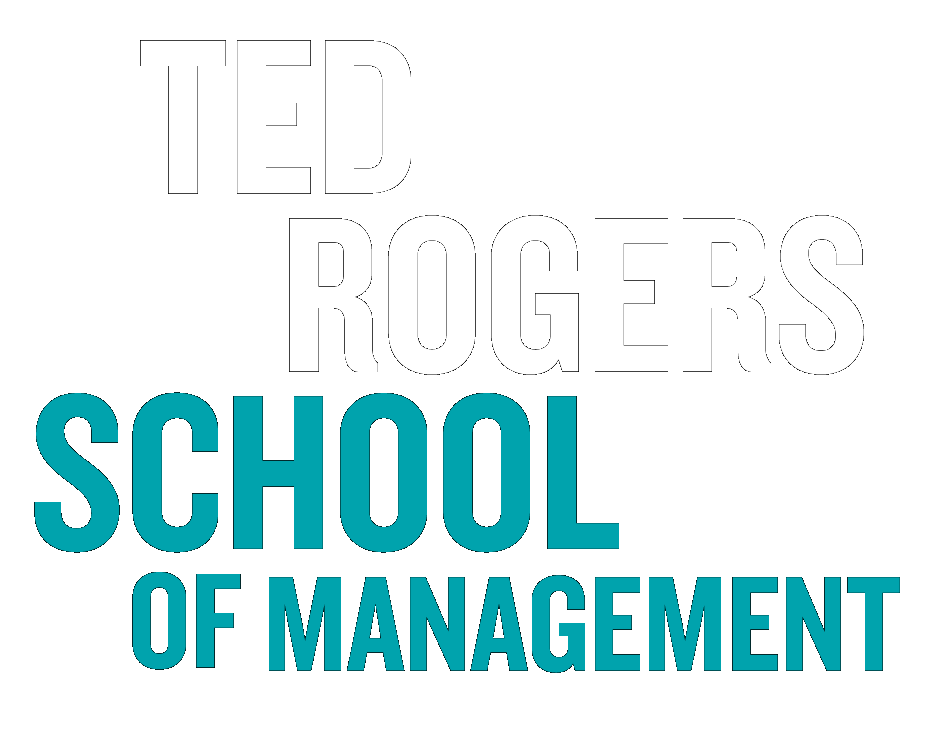It found three factors that closely correlate with young adults carrying out anti-social behaviour online, including recreation, reward and cognitive empathy. Young people who perpetrate trolling, bullying and harassment were motivated to do so for fun, excitement and social approval. The study also found a negative association with cognitive empathy, suggesting that they have a lower ability or capacity to understand how their targets feel.
“Putting yourself in someone else’s shoes is important as young perpetrators have less of an understanding of how their victims feel,” Jacobson explained. “Lacking this type of empathy partially explains why they are engaging in this type of anti-social online behaviour.”
“Contrary to previous research, online disinhibition, characterized by reduced inhibitions in the online space, showed no significant associations with cyber-aggression among university students; instead, online anti-social behaviour seems to be motivated by the desire for social approval, group bonding and enjoyment,” Gruzd said.
The researchers concluded that small interventions by platforms such as showing basic community guidelines and highlighting community rules and norms could go a long way to help build empathy and mitigate anti-social behaviour among users in this age group. Another strategy is to introduce friction into online communication by encouraging users to reconsider before posting potentially offensive content; thus, giving a user a chance to reflect on their post prior to sending it.














